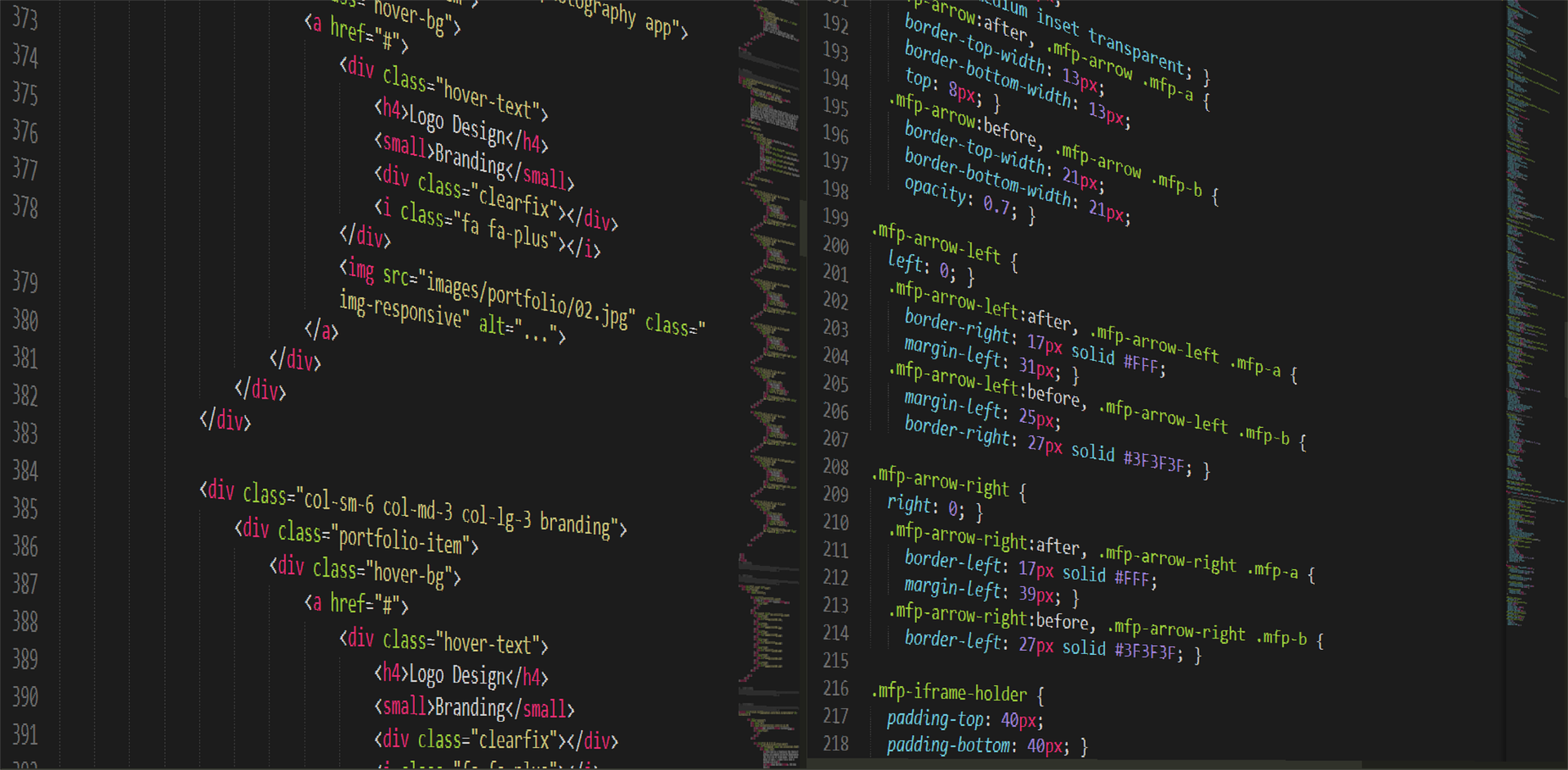French author Luc Fayard once wrote that computer operations amount to an alliance of an inexact science and fallible human activity. As vital as computers are for every facet of modern life, his assessment is bound to provoke unease.
But is his statement correct? After all, computers have come a long way from their state of inexactitude.
And humans are fallible but far less so if they know what they're doing, and doing it well. So a study by Stack Overflow confirming that 60% of software developers had taken a programming course is comforting. And their study found that 87% of developers had taught themselves a programming language; hardly a marker of fallibility, there.
But a lone programming language and a course of study are just the basics; software developers need far more education to prove their reliability. So what kind of IT or software development education do you need? What courses should you take? Those are the questions Superprof answers today.

Essential Studies for Software Developers
Software development or programming is a rapidly expanding field. A developer's role is to devise programs and/or applications according to clients' needs. Developer services include testing and debugging software to make sure all web pages, applications and programs run as expected. Obviously, these professionals need to know at least one programming language but the more languages they know, the more versatile they are.

Anyone who uses an electronic device, even a wearable, uses applications software designers create. Mechanical systems like cars and aeroplanes don't escape the software developer's handiwork, either. From autopilots and braking systems to any office software a business might use, the software developer's touch is everywhere.
Forget the stereotype of nerdy guys slouching over keyboards in darkened rooms; developers work in all sorts of companies nowadays. Even small business owners hire developers to build their web pages and apps.
With so many career pathways, developers sometimes find it hard to decide what type of work they want to do. And getting started is the hardest step, especially if you're a beginner.
This is why becoming a developer without any formal training is a risky choice, but not an impossible one. A lot of developers start by teaching themselves a coding language. If that's you, Java and Python would be good ones to start with.
You should find out more about software development so you can choose which languages would best suit your programming aspirations.
A few years ago, there weren’t many coding courses to enrol in. Beginner developers taught themselves different programming languages like JavaScript, PHP, and HTML (Hyper Text Markup Language) to build websites.
For data storage and manipulation, MySQL was - and still is the go-to language. It didn't take long to realise that training and education is the better way to go. Today, there are lots of courses, internships, and apprenticeships for beginner developers.
Schools for Learning to Become a Software Developer
Before we lay out the best diploma courses and certificate programs in Australia, we need to make a distinction between software development and engineering. A developer creates applications for a business or individual.
A software engineer builds entire systems and writes scalable web applications. Such an engineer might lead a team of developers to create a complete platform that a web-based business might use.
No need to fret if you confused the two; many in the business use 'developer' and 'engineer' interchangeably. But it matters when it comes to schooling. An engineer will learn more complex computing concepts. Also, Australian universities offer more software engineer courses than developer certificate classes. The top schools include:
- the Royal Melbourne Institute of Technology (RMIT)
- University of Sydney
- University of Adelaide
- Australian National University
- University of Wollongong
- University of Newcastle
- Flinders University
- University of South Australia
More often than not, students will choose an undergraduate degree course that typically demands three years of study. Keep in mind that software engineering courses cover software design but take you further into computer science.
Still, even if you want to limit yourself to software development, a software engineer degree is worth pursuing. Especially if you're at the beginner stage of understanding computers.
You can always study a more general subject like maths before studying a more specific post-graduate course. Each student needs to think about the path they want to follow. For now, keep things simple with the knowledge that you should master at least HTML, CSS (Cascading Style Sheets) and JavaScript if you want to become a professional developer.

Become a Software Developer on a University Course
University diploma courses are the most obvious way to become a computer programmer, developer or software engineer. As mentioned above, courses typically take 3 years to complete.
If you wanted to limit your learning to just software development, Northern Alberta Institute of Technology, Federation University and Macquarie University offer training courses targeted at beginner developers. RMIT also offers a certificate course in games and graphics programming.
But university courses aren’t the only ways to become a software developer. Other courses can teach you the necessary skills to become a software developer, too. You can learn about finding full-time work and moving into a career in software development.
So don’t hesitate to apply for work once you’ve finished and make sure you keep up-to-date with your training and skills.

Short Courses for Software Developers
Of all the types of training available, software development TAFE (Technical and Further Education) short courses are a very interesting option. TAFE courses can teach you about programming and software development in a matter of months. Software Development TAFE courses are great for those looking to change careers. Places on some of these courses might be in short supply, though.
You won’t learn as much in one of these courses as you would during several years on a degree course. That said, they are a good place for a beginner to get their foot in the door to a full-time job.
You'll learn web design fundamentals and, more importantly, you'll have the option to keep studying once you finish the course. Software development TAFE classes aren’t necessarily a silver bullet, though.
Sometimes, universities offer such courses but you could also take a class from other educational establishments. From there, you’ll have a good idea of whether or not software development is right for you.
Teaching Yourself Software Development
As we hinted at earlier, you can teach yourself software development and engineering. You can find lots of online resources to get you started with programming. There are sites like OpenClassrooms and Alison where you can follow tutorials and courses for free.
You can also learn with video tutorials on YouTube. There, you'll find software developers' YouTube channels where you can learn how to code and develop apps or programs. After that, you just need to hone your skills by creating applications and writing a program or two.
You could even design a web page; there are few better ways to learn than by doing. You could learn with a private tutor, especially through the more difficult parts of your software development journey.

Gaining Experience as a Software Developer
In a lot of cases, experience can play a bigger role than qualifications for a beginner developer. Often, a business client will choose someone for the role based on a design they've created rather than what they’ve studied. They’ll also be interested in a developer’s personality, drive and imagination.
Training and education are important, especially when it comes to learning technology and the skills needed to design. But your experience will likely secure more jobs and projects than a developer's certificate could.
Have you built applications yourself? Can you code in Java or Python? Are you well-versed in HTML/CSS and JavaScript?
Highlight those experiences. That will show how driven you are and how you can work independently to take a project from start to finish. Think about putting together an applications portfolio containing every design you've created.
A digital portfolio would be ideal but you could also print screenshots of your work and explain your projects.
Better yet, as technology is your game, you might create a website where potential clients can interact with the applications you've created. What better way to show off your know-how to potential customers?
If you have a website, make sure that it acts as your CV and shows off your qualifications and past projects. Don’t forget to also show off projects completed during your education if they highlight useful skills.
Summarise with AI:
















